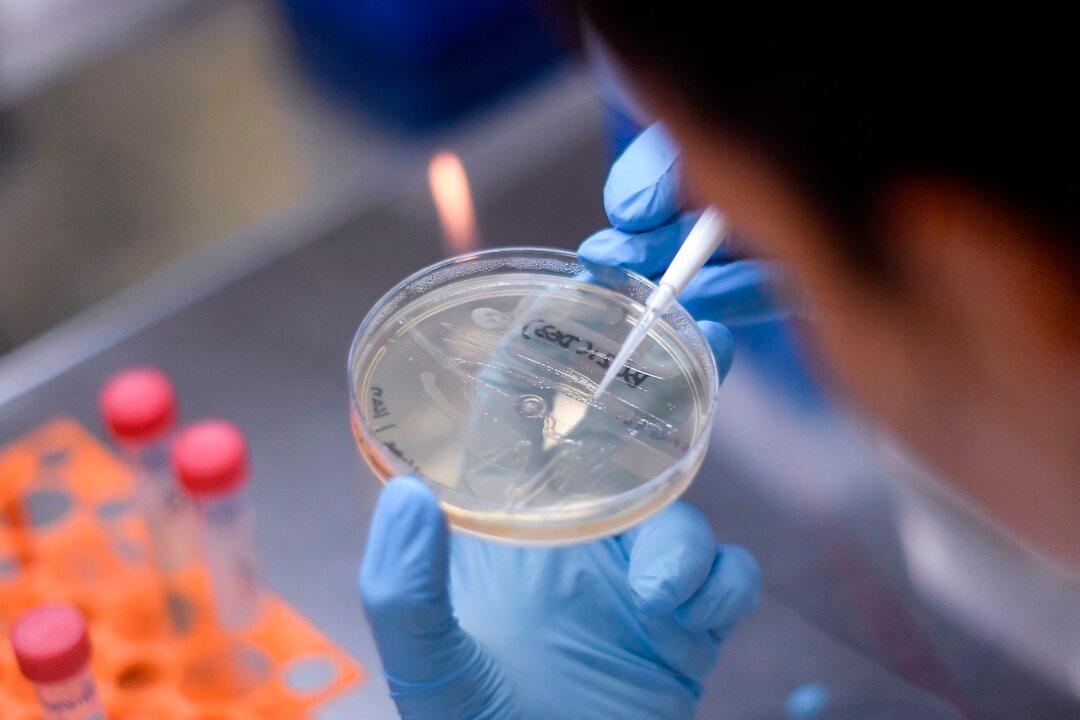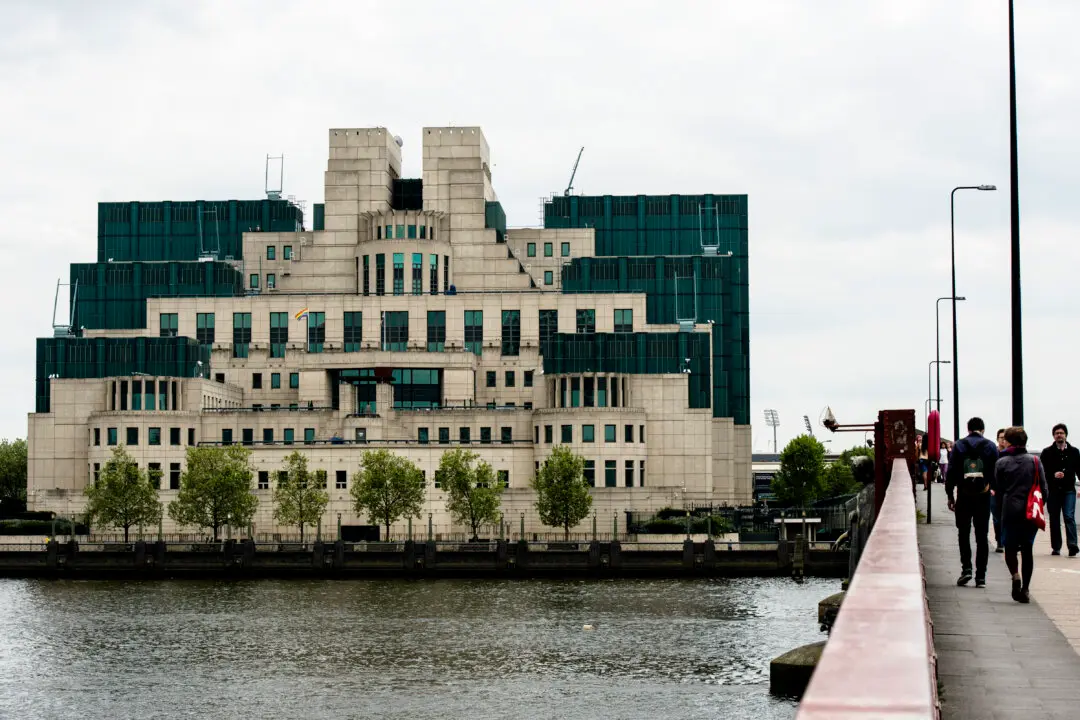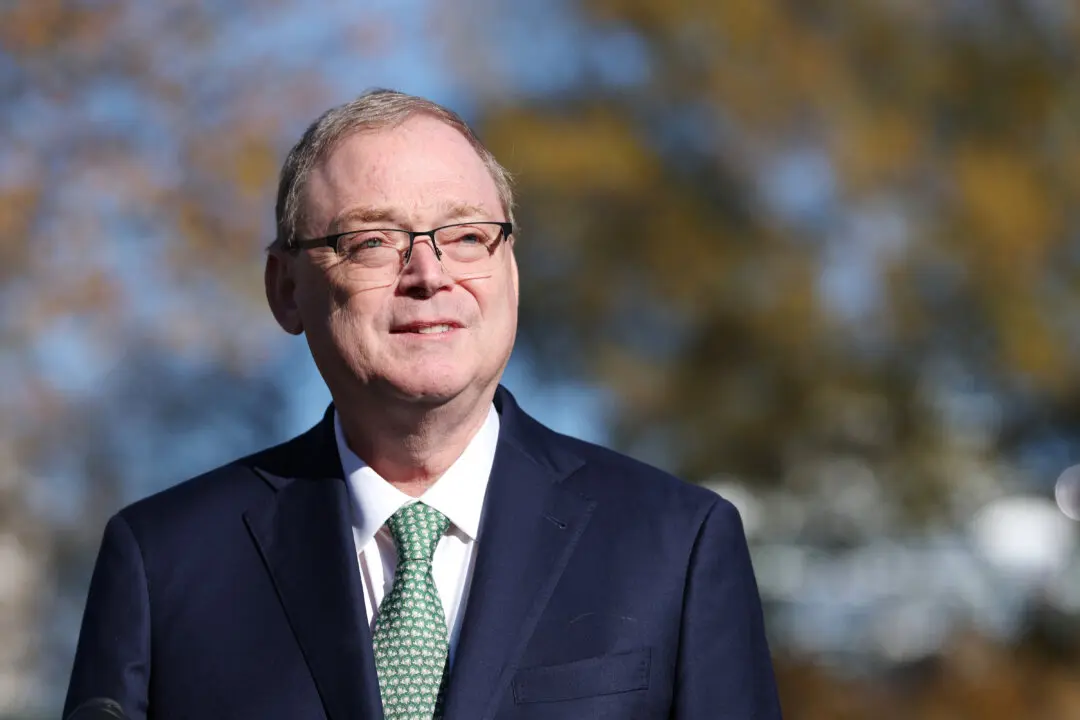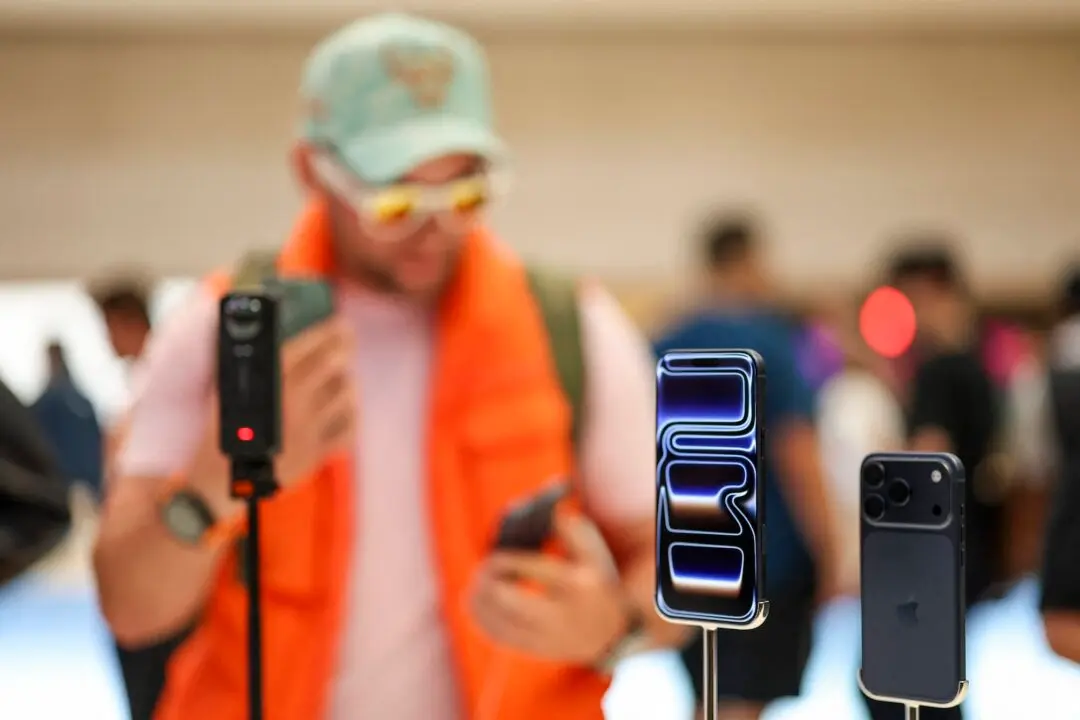Johnson & Johnson said it has identified a lead candidate for a COVID-19 vaccine and that it could be ready for emergency use early next year.
The company said in a statement on March 30 that it had picked the most promising investigational vaccine from constructs it has been working on since January, adding that human clinical trials could begin as early as September.





